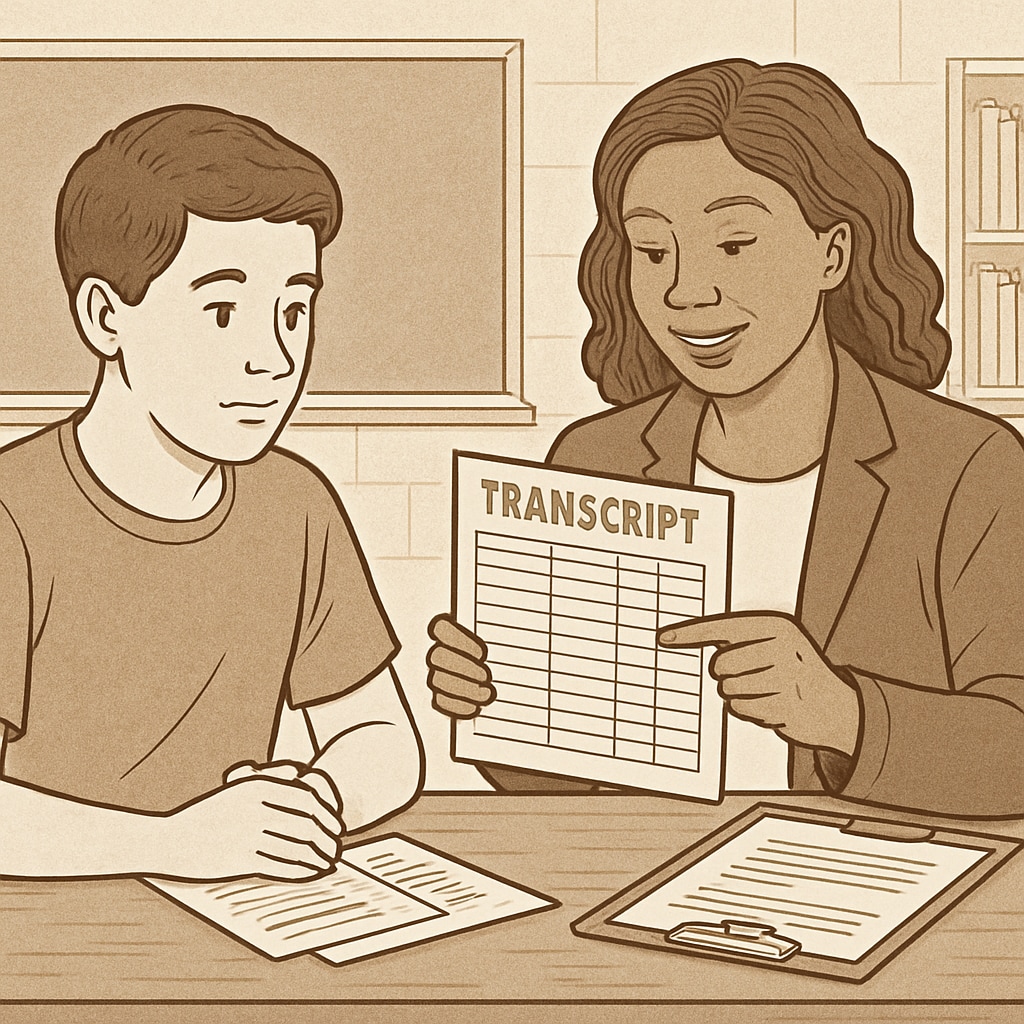Falling behind on high school credits is a challenge many students face, and it can feel particularly daunting when graduation is just two years away. For ADHD (Attention Deficit Hyperactivity Disorder) students, the struggle may be compounded by additional focus and organizational challenges. However, with a clear strategy, determination, and support, it is entirely possible to meet graduation requirements on time. This article outlines key steps to evaluate your current credit status, explore alternative learning paths, and develop a strong support system to ensure success.
Assessing Your Credit Deficit
Before you can develop a plan to recover lost credits, it’s essential to fully understand your current academic standing. Start by consulting your school’s guidance counselor to review your transcript, which shows the credits you have earned and the requirements for graduation. Identify the specific subjects or categories where you are lacking credits, such as mathematics, science, or electives.
Here are some questions to guide your assessment:
- How many total credits are required for graduation in your state or school district?
- How many credits are you currently missing?
- What subjects or areas need the most attention?
Once you have this information, you can create a roadmap to allocate your time and resources effectively. Documenting your progress will also help you stay on track as you work toward your goals.

Exploring Flexible Learning Options
Traditional classroom settings are not the only way to earn high school credits. Many students find success through alternative and flexible learning pathways, which can provide the opportunity to earn credits at an accelerated pace.
Here are some popular options:
- Online Courses: Many accredited online schools offer individual courses that can be completed at your own pace. This is particularly helpful for students with ADHD, as it allows flexibility in scheduling and the ability to take breaks as needed.
- Summer School: Enrolling in summer classes is an effective way to catch up on core subjects during the break.
- Credit Recovery Programs: Some schools offer specific programs designed to help students retake failed courses or earn additional credits.
- Dual Enrollment: High school students can take college courses that count toward both high school and college credit, accelerating their academic progress.
Consult your school to ensure that credits earned through these methods will be accepted toward your graduation requirements. Additionally, look for programs that offer support for ADHD students, such as extended deadlines or one-on-one tutoring.

Building a Supportive Environment
Academic recovery requires both practical strategies and emotional resilience. A strong support system can make all the difference, especially for students managing ADHD. Here are some tips for creating a supportive environment:
- Parental Involvement: Inform your parents or guardians about your goals and ask for their help in monitoring your progress.
- Mentorship: Seek guidance from teachers, mentors, or counselors who can provide encouragement and advice.
- Peer Support: Form study groups with classmates who share similar goals. Working together can boost motivation and accountability.
- Time Management Tools: Use planners, apps, or timers to create a structured schedule. Tools like Pomodoro timers can be particularly helpful for ADHD students to stay focused.
In addition, prioritize mental health. Balancing academic recovery with self-care is critical to avoid burnout. If stress becomes overwhelming, consider speaking with a school psychologist or counselor for additional support.
Staying Motivated and Celebrating Progress
Recovering from a credit deficit is a long-term commitment, and staying motivated can be challenging. Break your goals into smaller, more manageable milestones, and celebrate each achievement. For example, completing a semester-long course or earning an “A” in a challenging subject are accomplishments worth acknowledging.
Visualizing your end goal—whether it’s walking across the stage at graduation or preparing for college—can also provide the motivation needed to push through tough moments.
Remember, many students face challenges during high school, and falling behind does not define your potential. With determination, planning, and support, you can overcome obstacles and achieve your goals.
Additional Resources: For further tips and support, visit external resources such as the Education page on Britannica or explore ADHD-specific strategies on the CHADD website.


